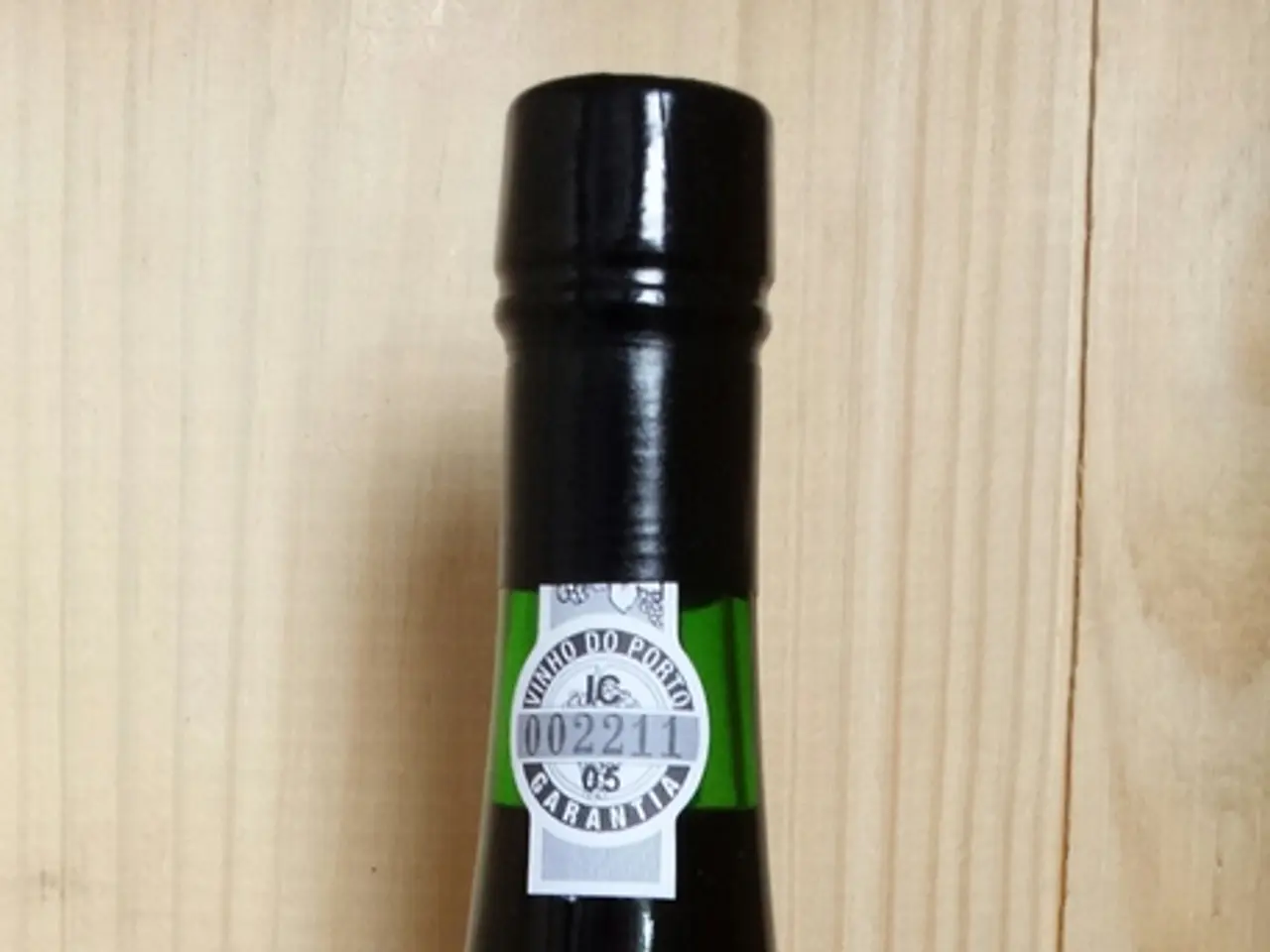"Munich Distillery Battles 'Pand' Chaos: Struggling Amidst the Crisis"
In the heart of Munich, The Duke Distillery, a medium-sized establishment, is grappling with the effects of a recent court ruling that requires it to implement a deposit system for its products. This decision, which has cost the distillery 68,000 euros due to the removal of their bottles from supermarket shelves, has sparked a protest campaign led by the distillery's founders.
The court ruling is based on a loophole in Germany's deposit law, which does not explicitly include non-alcoholic spirits. While alcoholic beverages such as schnapps, wine, and sparkling wine are exempt from deposit, non-alcoholic and low-alcohol wine are not. However, the distillery's non-alcoholic gin variant was sold without deposit, like many others in the industry.
The distillery's founders, including Max Schauerte, have taken to social media, such as Instagram, to explain the situation and launch a protest campaign called "Gin as Protest." They have not yet decided to sue the entire industry, despite the suggestion to do so during court proceedings.
The distillery, which employs 20 people, is not alone in its struggles. The ruling reflects the strict environmental regulations and court decisions in Germany, which often aim to encourage recycling and reduce waste. Companies like distilleries may adopt deposit systems as part of their sustainability strategies, responding to consumer demand for more environmentally friendly practices or to comply with future-proofing regulations.
Germany's deposit system, known as the "Pfand" system, is a part of the country's strong culture of recycling. Consumers pay a deposit on bottles and cans, which is refundable when the containers are returned. This system aims to encourage recycling and reduce waste.
As The Duke Distillery navigates this challenging situation, it serves as a reminder of the complexities and evolving landscape of environmental regulations and industry practices. The distillery's protest campaign is a call for support and a testament to the resilience of small businesses in the face of change.
In light of the court ruling, Max Schauerte and other founders of The Duke Distillery are using social media platforms like Instagram to advocate for their non-alcoholic gin variant, which is now subject to deposit due to a loophole in Germany's deposit law. Despite a suggestion to sue the entire industry during court proceedings, they have yet to make a decision.
The financial implications of this ruling extend beyond The Duke Distillery, as other businesses may also need to adopt deposit systems in response to strict environmental regulations and the growing consumer demand for sustainability.




